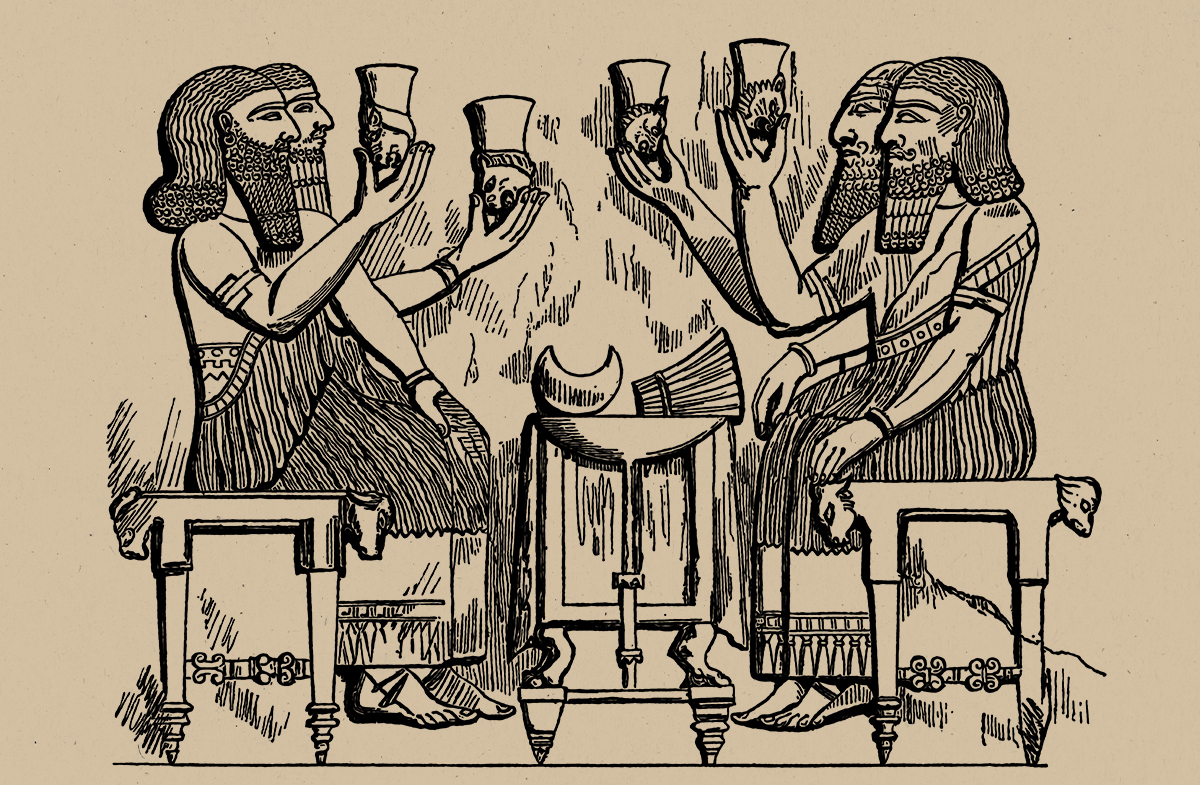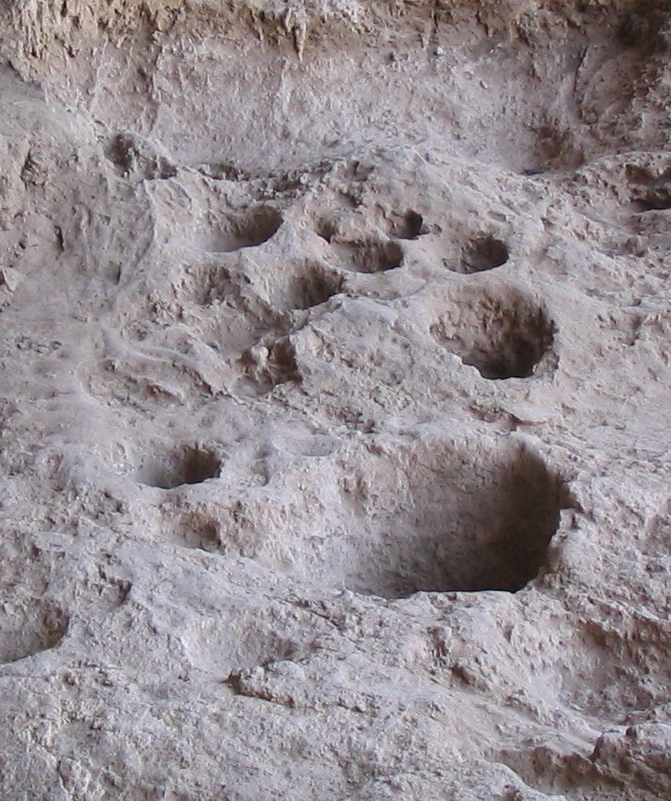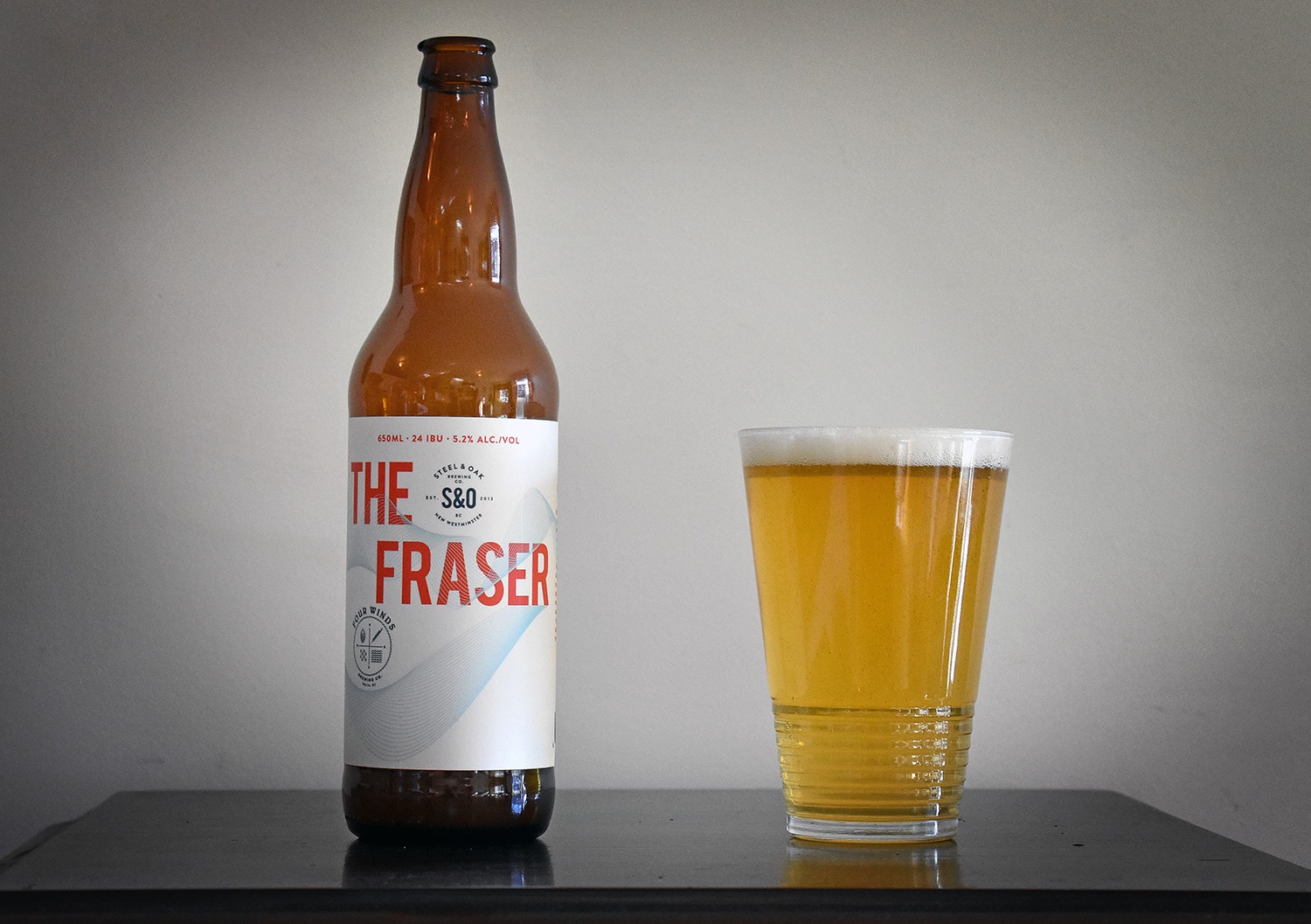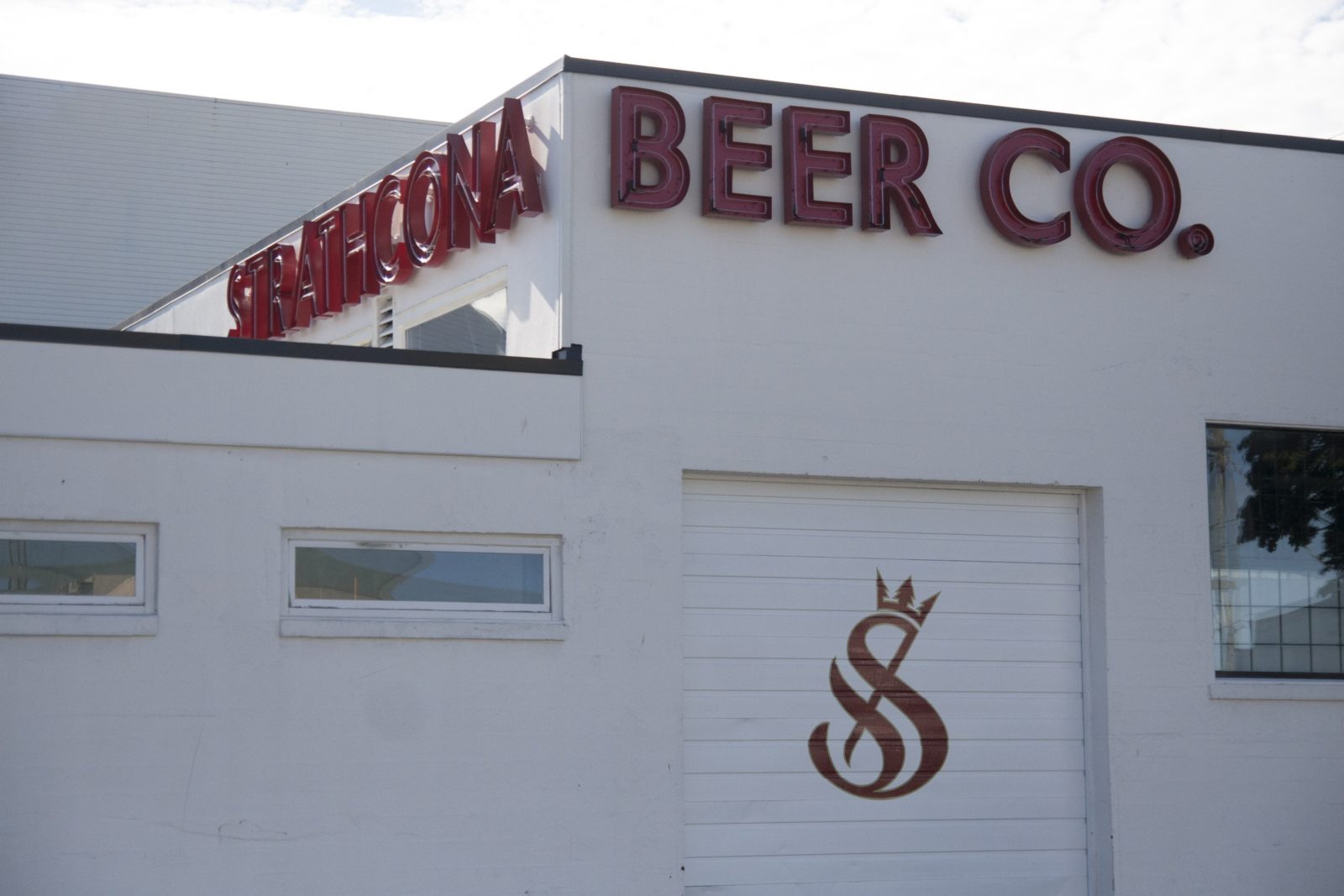In anthropological circles, debate rages over whether beer was responsible for the birth of civilization

One of the big questions of human history is what was the catalyst that prompted humankind to largely give up their hunter/gatherer ways and settle down to mow lawns and clean gutters in permanent settlements. After field work in the 1950s, archaeologist Robert J. Braidwood believed he had discovered just such an impetus: the domestication of cereal for making bread. Almost immediately, a botanist named Jonathan D. Sauer asked if it might not have been beer, rather than bread, that was the initial motivation for grain cultivation and agriculture. Could beer have caused the agricultural revolution?
Braidwood responded to Sauer’s challenge by organizing a now-famous symposium of leading figures. The problem is not a simple one considering the challenges of cereal cultivation, malting, brewing, breadmaking, and archeology. The responses were moderate, some taking intermediate positions between the two camps, others pointing out the lack of archeological evidence. Yet it was a somewhat caustic comment by Paul C. Mangelsdorf that seemed to win the day: “Are we to believe that the foundations of Western Civilization were laid by an ill-fed people living in perpetual state of partial intoxication?”

Thus the beer before bread debate lay fallow until the ‘80s, when Solomon Katz and Mary Voight published a now equally-famous paper advocating the hypothesis that the domestication of barley and wheat “could have stemmed from the desirability of alcohol containing beer.” The authors reasoned from a better understanding of the cultural significance of alcohol and pointed to the lack of archeological evidence for the very paradigm of the bread first theory. As can be seen by Mangelsdorf’s comment, it was widely believed that agriculture was primarily motivated by overpopulation and the need to meet over-stretched food resources. The archeological record then and since has shown that domesticated cereal was only a minor part of the Near East diet for hundreds, if not close to a thousand years (Hayden, 2012).
Since then, much work has been done that supports the beer side of the debate. Brian Hayden and others have argued that the high labour inputs, low yield and easily ruined crops of early cultivation would have made cereals unsuitable for a sustenance diet, while the social, cultural and ritual importance of beer “was likely a major motivating factor for cultivating and domesticating cereals in the Near East.”
A recent discovery of what appears to be a very ancient brewhouse at Raqefet Cave in present-day Israel, that predates the invention of pottery and domestication of cereals by thousands of years, further complicates things. Incredibly it seems that these early brewers utilized stone and cave mortars for the malting and fermentation. However, a different site has evidence of bread production around the same era (around 13,000 years ago). It appears that humans were well into both beer and bread before they fully committed to the sedentary lifestyle.

It’s not the domestication of cereals in the Near East that is the most damaging to the bread first idea, but the domestication of maize on the other side of the world. Genetic research has provided an overwhelming amount of evidence that a wild grass called teosinte was the direct ancestor of maize. Unlike maize, teosinte has almost no nutritional value. So what would have caused our human ancestors to start cultivating it? Hugh H. Iltis and others have argued that it was for the sugar content of the stock, rather than the nutritional value of the tiny cob, which is protected by a case so hard “that human use of the grain is out of the question.” Chicha is a maize beer that continues to be traditionally brewed to this day. Its most famous feature is that no malting is required, as the brewmaster uses an enzyme from the human mouth to convert the starches into sugar. Mastication of the stalk of an otherwise nutritionally poor wild grass was likely the very first tool of ancient Mesoamerican brewhouses.
Although it is unlikely there will ever be conclusive evidence that beer rather than bread was the primary motivation for the domestication of cereals, recent discoveries in the genetic ancestry of maize and the very early brewing in Raqefet Cave undoubtedly point to just how motivated humans were to turn wild and domesticated cereals into beer. Ultimately, this motivation to ferment is the most likely reason that humans made the effort to domesticate nutrient poor, difficult to process and digest wild cereals, and is further proof of the lengths we human beings will go to for the sake of good beer.




